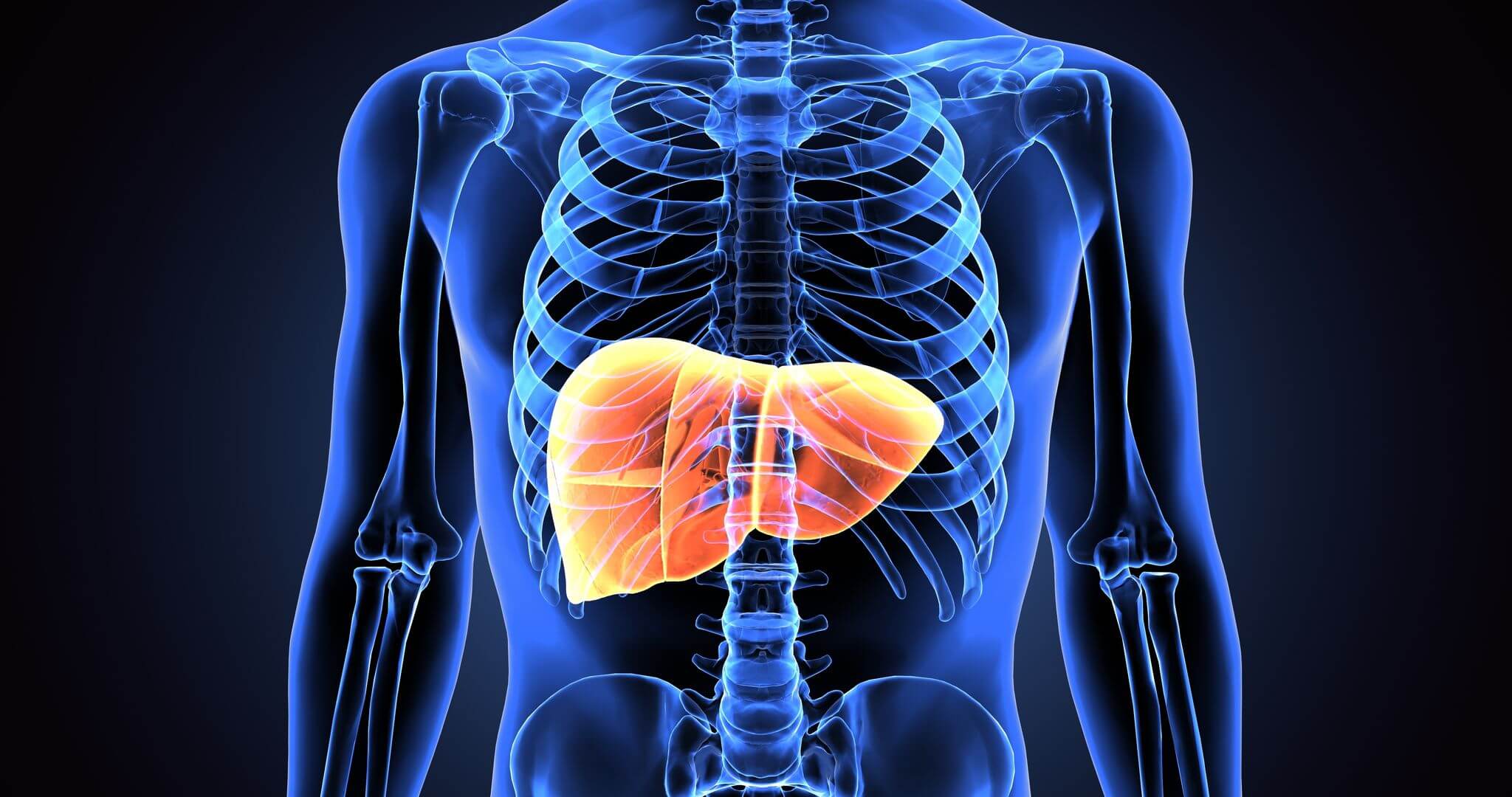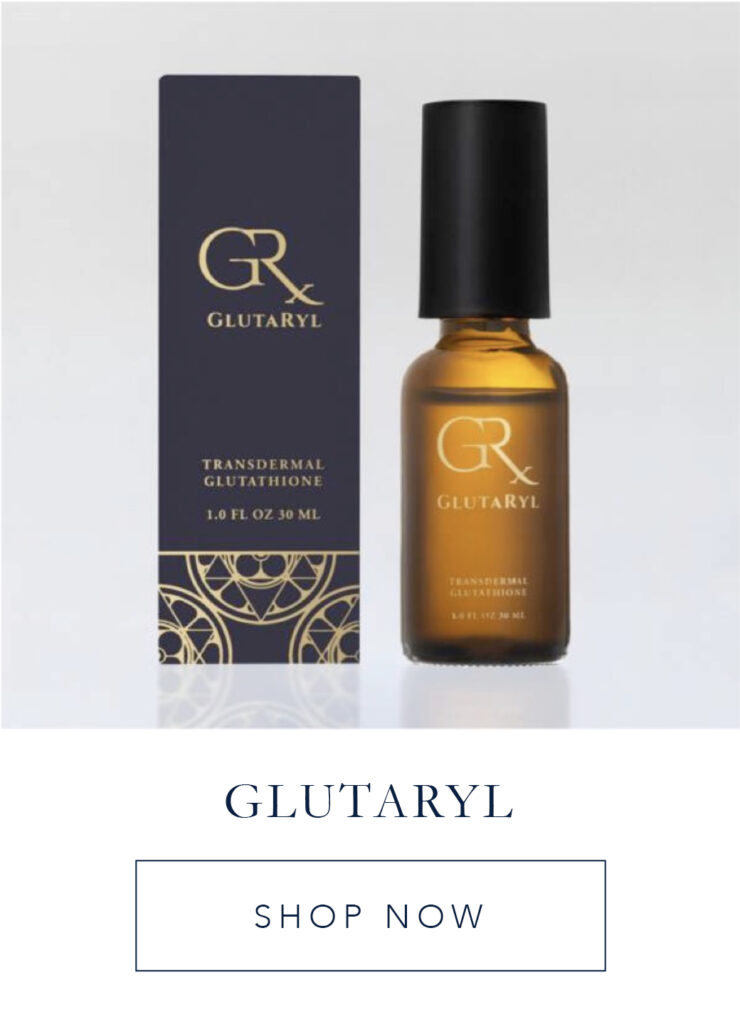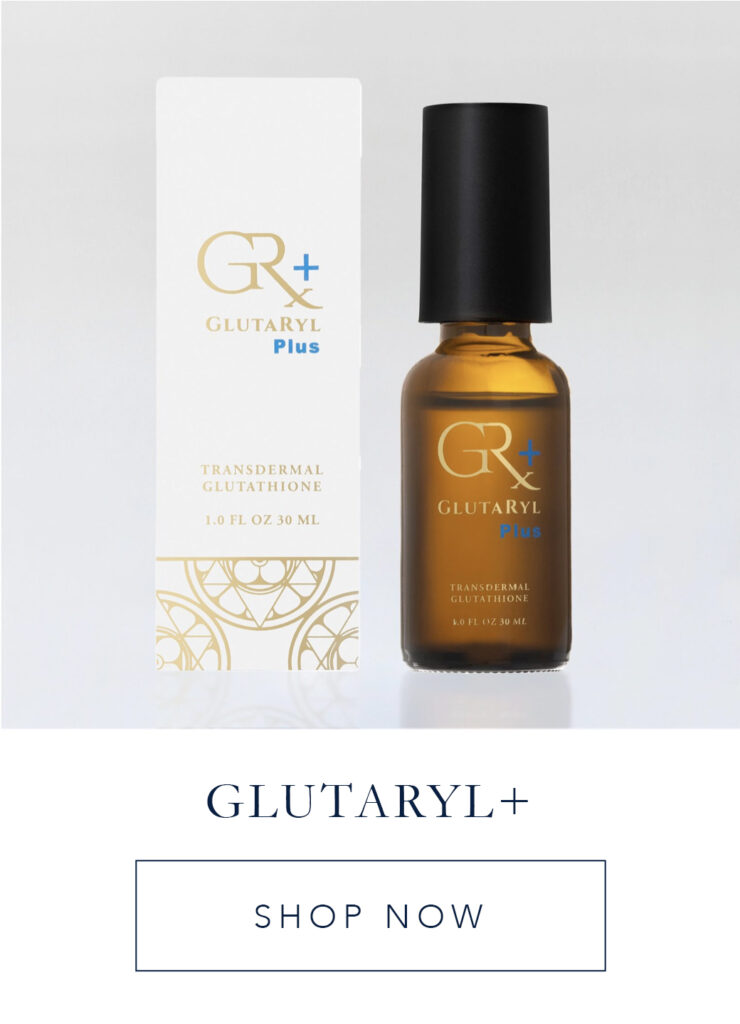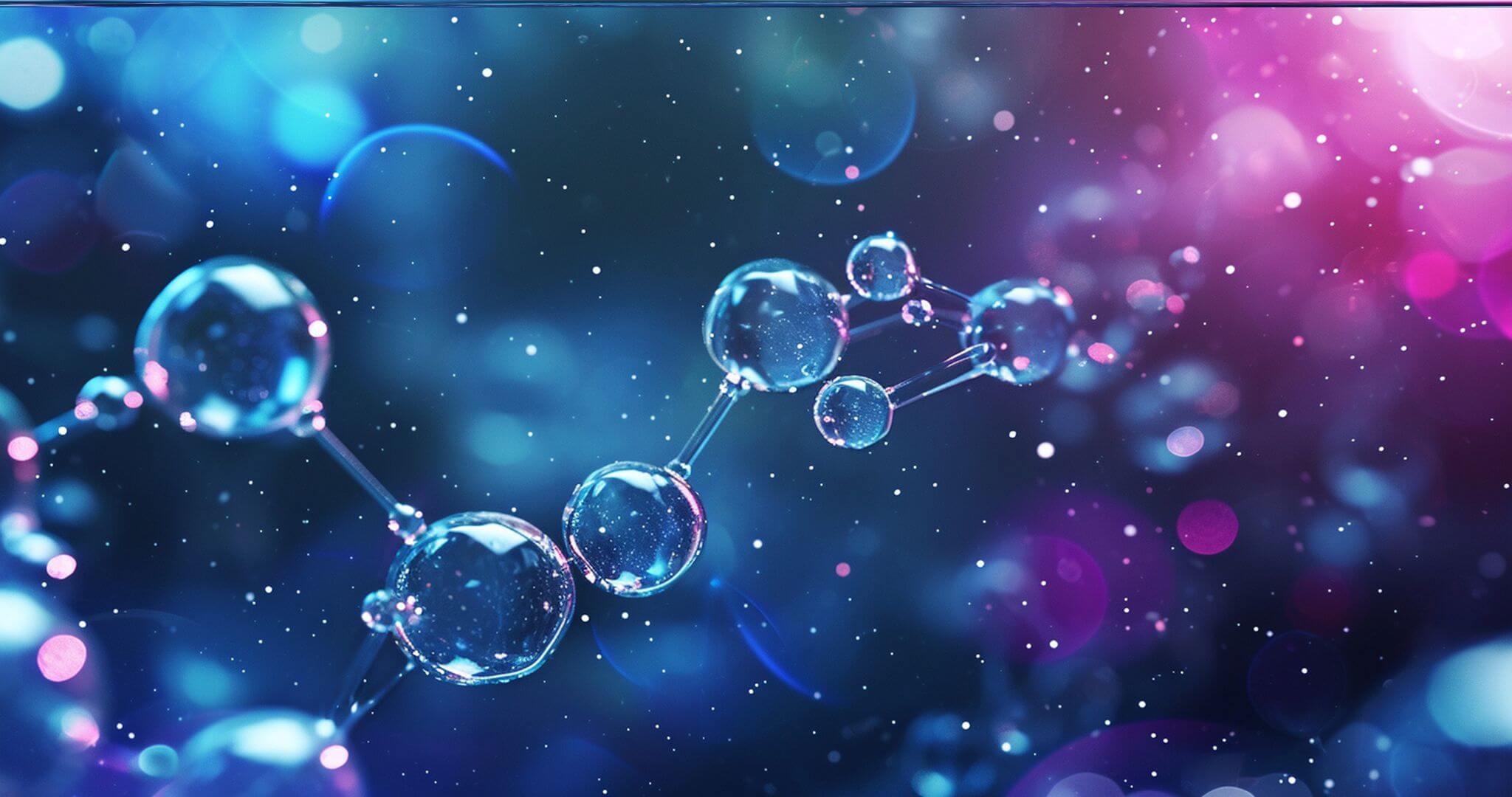Can Glutathione Help Liver Health?
Glutathione is a powerful antioxidant that is vital in maintaining our overall health and liver health.
It is a tripeptide mainly composed of three amino acids: glutamine, glycine, and cysteine, and it is particularly concentrated in the liver. Glutathione is produced in the body by combining glutamate and cysteine, then adding glycine to form what is known as GSH, the active and most abundant form of Glutathione.
Our body naturally produces Glutathione, but due to aging, stress, and environmental toxins, our body’s ability to make it decreases over time. The liver is the second-largest organ in the body with five significant functions: filtration, digestion, metabolism and detoxification, protein synthesis, and storage of vitamins and minerals. As the body’s filter, Glutathione has a massive role in helping the liver cleanse. Having ample levels of Glutathione in the body is critical for liver health.
What Glutathione Does for Better Liver Health
1. Glutathione Neutralizes Free Radicals
Glutathione’s activity is important to nearly every system in your body and protects against numerous diseases and conditions. However, poor nutrition, stress, illness, environmental toxins, and even aging can lead to a decline in glutathione.
These toxins are all free radicals. Free radicals attack the cells of the body, causing cell disruption that leads to oxidative stress. When there’s an imbalance between the production of free radicals and the body’s ability to fight them off, oxidative stress occurs. An abundance of oxidative stress is the precursor to disease, sickness, and many other effects on the body, from low energy to aging skin.
Glutathione helps to reduce oxidative stress in the liver by neutralizing these free radicals, thus decreasing inflammation and helping to control the progression of liver damage. The study “Reduced Glutathione Suppresses Oxidative Stress in Nonalcoholic Fatty Liver Disease” showed that Glutathione appeared to impact reducing oxidative stress and liver wellness.
2. Glutathione Reduces Inflammation
By neutralizing free radicals, glutathione is also helping to manage inflammation. This directly works in the liver to promote liver health. Hepatitis, alcohol abuse, and fatty liver disease all damage the cells of the liver. Oxidative stress that leads to inflammation is a crucial contributor to the progression of liver damage.
Nonalcoholic fatty liver disease, or NAFLD, is now the most common cause of chronic liver disease in our country, far surpassing alcohol-related liver disease. According to Johns Hopkins, About 10% to 20% of Americans have NAFLD. Inflammation and cell damage from oxidative stress are potent contributors to the profession of NAFLD.
This is where supplementation of Glutathione comes in to help replenish the body’s natural levels of this essential antioxidant. The study “Efficacy of glutathione for the treatment of nonalcoholic fatty liver disease: an open-label, single-arm, multicenter, pilot study” showed promising results that Glutathione could help treat nonalcoholic fatty liver disease due to its antioxidant properties and potential to detoxify.
3. Glutathione Cleanses the Liver
For the liver specifically, Glutathione is valued for its function in liver cleansing. Not only is the liver affected by what we put into our bodies, but the environmental toxins in our world also make their way into our systems. Endocrine disruptors like BPA, phthalates, pesticides, and heavy metals pass through the liver. GSH binds to toxins, making them more water-soluble so they can be removed through urine or stool. If the liver is sluggish and cannot detoxify properly, our bowels, energy levels, and overall health are affected.
This natural process with Glutathione eliminates poisons and toxins in the liver, lungs, intestines, and kidneys. The blood that leaves the stomach and intestines passes through the liver, then the blood is broken down, balanced, and “cleaned up,” and the liver creates nutrients from the blood.
The metabolism in the liver has two phases, and Glutathione plays a significant role in binding the toxins, neutralizing them, and getting rid of them.
- Phase 1: The liver breaks apart the harmful matter into small pieces. Free radicals generate, and Glutathione kicks into high gear to render those free radicals harmless.
- Phase 2: The liver joins the pieces of harmful matter and prepares them for elimination.
Liver Detoxification and the Role of Glutathione (GSH)

How to Increase Glutathione in the Body for Better Liver Health
1. Lifestyle Choices:
- Avoid toxins that tax your Glutathione levels, like alcohol, tobacco, and secondhand smoke.
- Minimize exposure to environmental toxins, pollutants, and chemicals.
- Reduce Stress. Try meditation, yoga, or deep breathing exercises.
- Prioritize adequate sleep.
- Incorporate moderate exercise into your lifestyle.
2. Supplements and Glutathione-rich Foods:
- Glutathione-rich foods are precursors to Glutathione production. They include sulfur-rich foods like garlic, onions, leeks, and shallots. Foods rich in the amino acid cysteine, like yogurt and dairy products, can also support Glutathione synthesis.
- Glutathione can be administered in many ways, including orally, intravenously, and topically. However, the effectiveness of oral supplements may not effectively raise blood Glutathione levels because Glutathione can be broken down in the digestive tract. Intravenous administration has been shown to have a short window of efficacy.
A recent study shows positive results for Glutathione supplementation through transdermal application or Auro’s Glutaryl. The study investigated a topical application of GSH-cyclodextrin nanoparticle complex (Glutaryl) as a potential non-invasive GSH delivery route with therapeutic effects against mycobacterium infection. Glutaryl was shown to raise Glutathione levels, mitigate oxidative stress via the MDA markers, and foster a positive immune response.
Liver health needs plentiful Glutathione. The power of Glutaryl to raise Glutathione levels is proven. Consider this potent supplement for better liver health.






